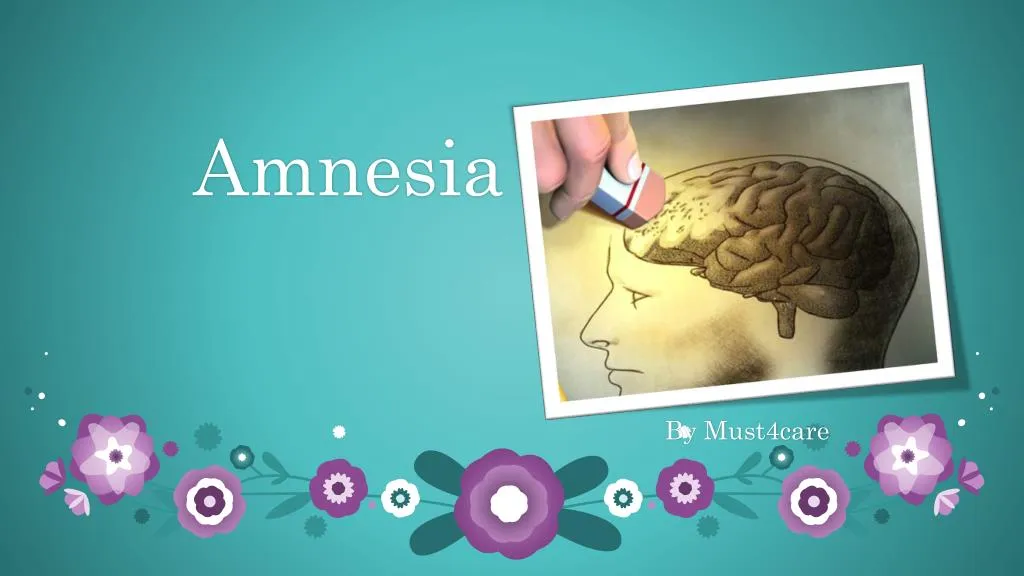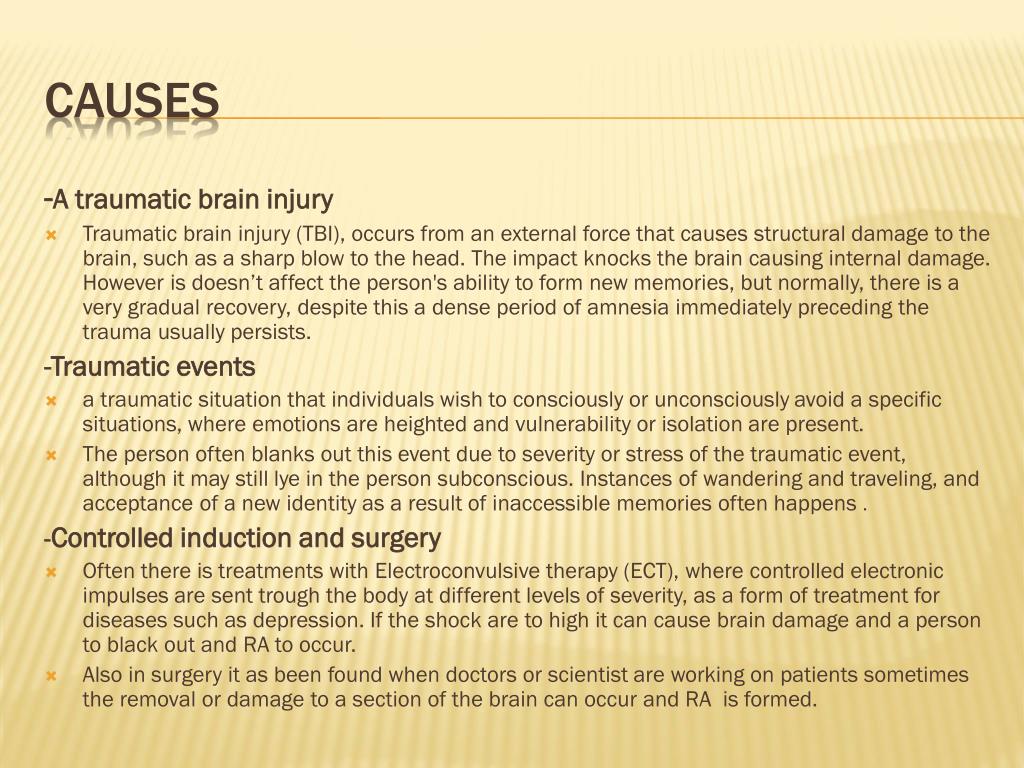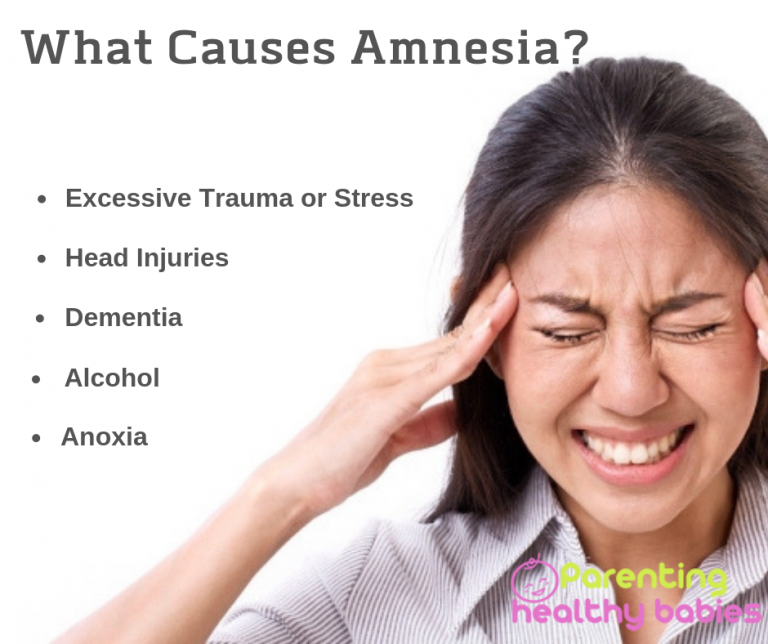

This can last from a few minutes to a couple weeks, depending on the severity of the brain injury. During this time the survivor may not be able to recall certain memories. Post-traumatic amnesia typically occurs after a survivor wakes up from a coma, a period of unconsciousness. Damage to one or more of these areas can often result in post-traumatic amnesia. Several regions of the brain are involved in the process of memory including the amygdala, hippocampus, cerebellum, and prefrontal cortex. When amnesia occurs after a concussion or brain injury it is referred to as post-traumatic amnesia. It can inhibits the formation of new memories and/or the recollection of old ones. What Causes Amnesia After Brain Injury?Īmnesia is the loss of memory.
#Both types of amnesia how to
This article will discuss how to identify the signs of post-traumatic amnesia and how to help your loved one overcome the challenges of amnesia after brain injury. When a survivor does experience symptoms, it’s important to understand that it’s a sign of recovery and the phase will eventually pass. During this stage, survivors may struggle with memory and exhibit uncharacteristic behaviors, or they may pass through this phase so quickly that they do not experience any symptoms at all. Here you will find options to view and activate subscriptions, manage institutional settings and access options, access usage statistics, and more.One stage survivors may experience in the recovery process after brain injury is post-traumatic amnesia. If you believe you should have access to that content, please contact your librarian.įor librarians and administrators, your personal account also provides access to institutional account management. The institutional subscription may not cover the content that you are trying to access. Oxford Academic is home to a wide variety of products. View the institutional accounts that are providing access.View your signed in personal account and access account management features.Some societies use Oxford Academic personal accounts to provide access to their members.Ĭlick the account icon in the top right to:

See below.Ī personal account can be used to get email alerts, save searches, purchase content, and activate subscriptions. Some societies use Oxford Academic personal accounts to provide access to their members. If you do not have a society account or have forgotten your username or password, please contact your society.

Do not use an Oxford Academic personal account.

Get help with access Institutional accessĪccess to content on Oxford Academic is often provided through institutional subscriptions and purchases.


 0 kommentar(er)
0 kommentar(er)
